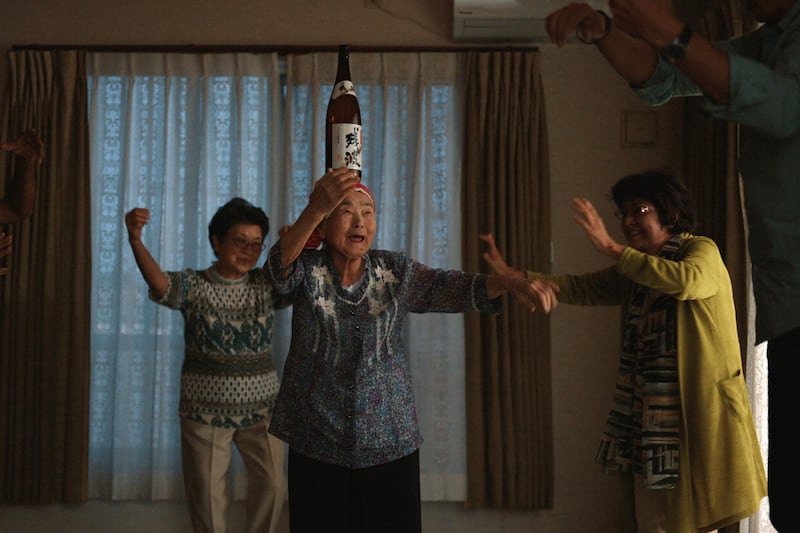Pistol, Tuesday, Disney +
Teenage angst reached its highpoint in the 1970s when punk sought to overthrow the establishment by shocking them.
It was partially a reaction to the wholesome 1950s and the hippie inspired free-love of the 1960s, but was also an antidote to the excesses of 1970’s glam rock.
Punk was stripped back, angry, disposed and entirely negative about young peoples’ futures.
Director Danny Boyle tries to reflect this in his six-part drama on the three years of the Sex Pistols, the band most identified with the movement.
But despite punk rejecting the contrived, the Sex Pistols were put together by manger Malcolm McLaren with parts of an old band and his hand-picked additions.
There’s no doubting Boyle’s qualities as a director (Trainspotting, Slumdog Millionaire) and he does a fine job here setting the tone of anarchy about proceedings.
The series is based on the book ‘Lonely Boy’ by the band’s guitarist Steve Jones.
Jones came from a difficult background and already had criminal convictions when he found himself hanging around McLaren’s alternative clothes shop ‘Sex’ in London.
McLaren saw something in Jones and initially wanted him as the band’s singer. Later John Lydon was brought in with Jones switching to lead guitar, an instrument he couldn’t play at the time.
In Pistol, it’s unclear whether McLaren is a revolutionary or a businessman who has tapped into the Zeitgeist.
He’s clear to his disciples early on that the mission is not a simply a musical journey. His aim is to overthrown the hierarchy in the dispiriting post-Empire Britain of the time.
It’s the mid-1970s, there’s rubbish on the streets, almost everyone seems to be on strike, inflation is rampant and youth unemployed is soaring.
“I’m creating a revolution,” McLaren declares in Pistol. “I don’t want musicians, I want saboteurs, assassins, shock troops.”
And the war analogies continued.
The Sex Pistols manager wanted the band to imbue a “kamikaze spirit.” Their instruments “could as easily be pick-axes, shovels or machine guns.”
And the names needed to reflect the anger. John Lyndon is renamed Johnny Rotten because of the state of his teeth.
The band couldn’t have two Johns, so bassists Simon John Ritchie, who was recruited because of his looks rather than his musical ability, was renamed Sid after Lydon’s pet hamster and Vicious because it sounded right.
Thomas Brodie-Sangster and Anson Boon stand out as the cynical McLaren and the brilliant, but nihilistic Lydon.
And the King’s Road scene is reflected in supporting roles for Chrissie Hynde (Sydney Chandler), who worked in Sex before forming The Pretenders, Siouxsie Sioux and Billy Idol.
Lydon refused to cooperate with Pistol and eventually lost a court case after he refused to allow the Sex Pistols’ music to feature in the series.
The judge last year found that the band had agreed on ‘majority rule’ in 1998 and found in favour of remaining members, Jones and Paul Cook.
Lydon said he was left in “financial ruin” after losing the case, adding that the “The Sex Pistols have become the property of Mickey f***ng Mouse” in reference to the Disney production.
There would have been no series without the music, which would have been a pity.
Pistol is an important reminder of a time when being offended was one of life’s challenges.
The power and sheer effrontery of the music is extraordinary.
‘God Save the Queen … a fascist regime” was released to coincide with Queen Elizabeth’s silver jubilee in 1977.
It’s unthinkable for her 70th jubilee, as it would be for the many sacred cows we have developed in recent years.
Perhaps it’s time for a new punk age.










